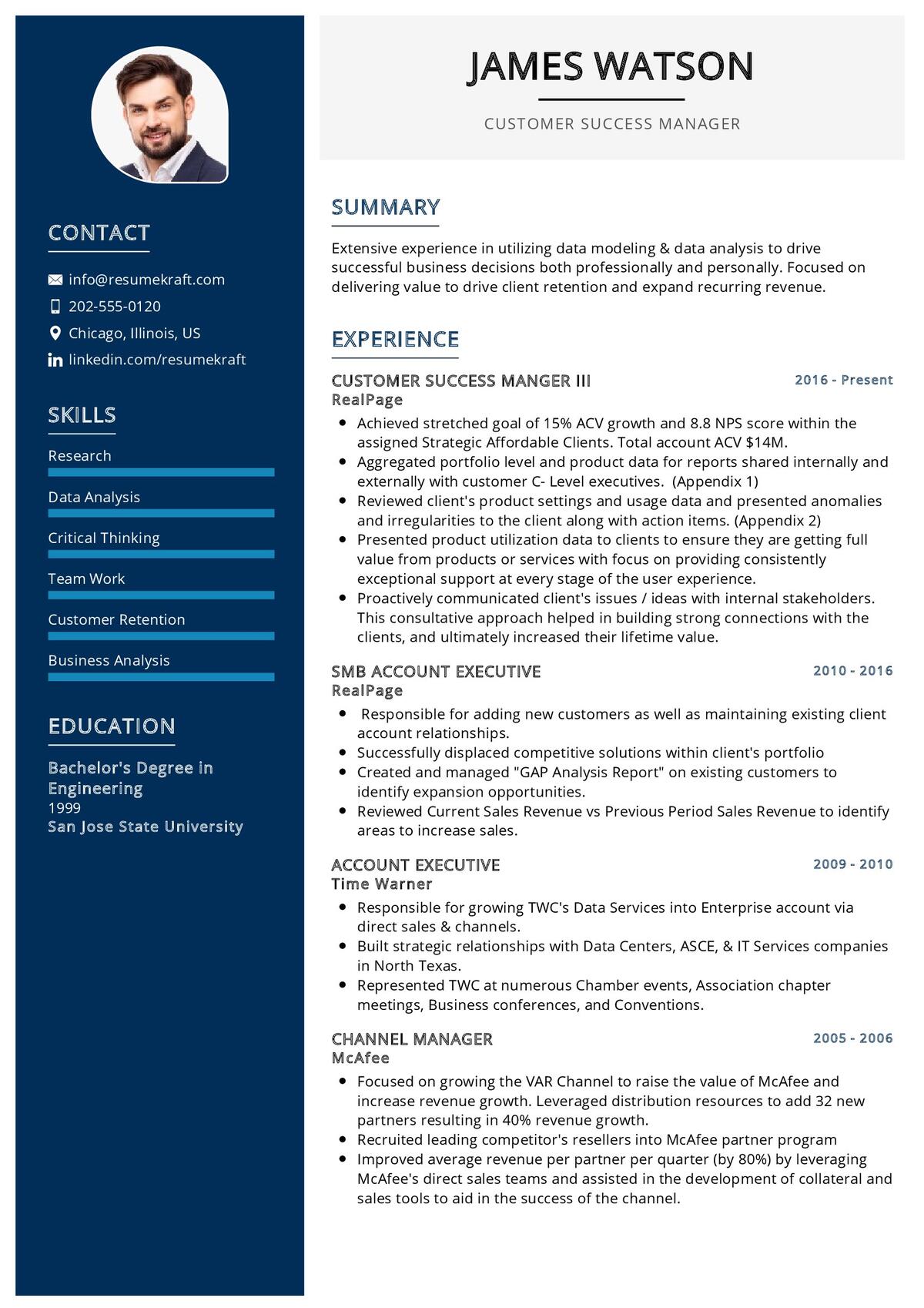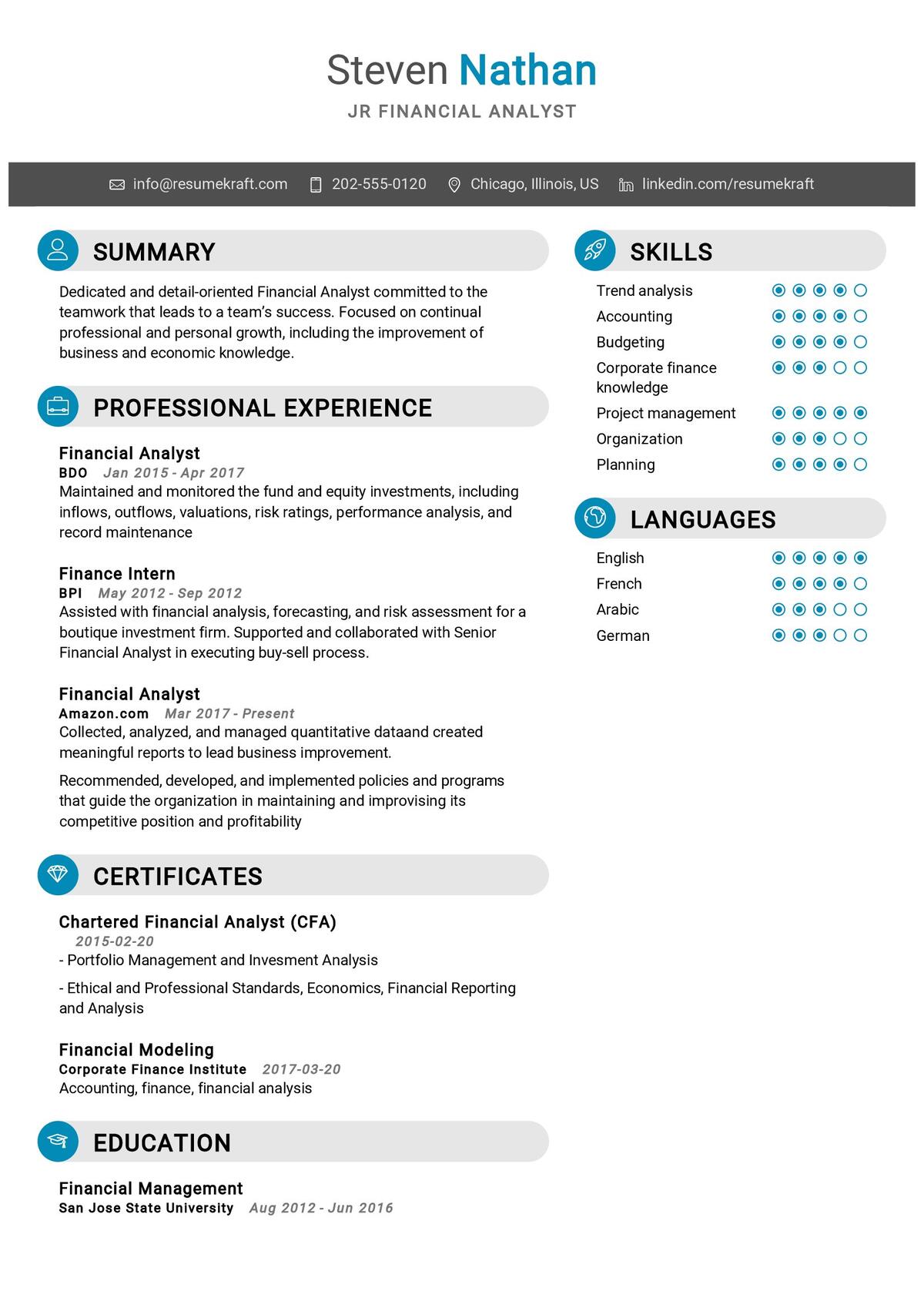
When applying for a job, your resume is your first chance to make a good impression. In order to get noticed, your resume needs to be well-written and free of any grammar or punctuation errors.
In addition, action words are a great way to add interest to your resume and help you stand out from the competition. Action words are verbs that describe what you did in a particular situation.
Using action words in your resume can help you get noticed by potential employers. By using strong, descriptive language, you can make your resume stand out from the rest. Keep in mind, however, that using too many action words can make your resume sound gimmicky. Use them sparingly and only when they accurately describe your skills and experience.
- Defining action words and why they matter in a resume
- Using action words highlight your skills and experience
- Effective action words to use in a resume
- Avoid using overused or meaningless action words in a resume
- Benefits of Action words in resume
- Avoid using overused or meaningless action words
- Conclusion
Defining action words and why they matter in a resume
Action words, also known as power words, are words that vividly describe an action or convey a strong emotion. They are often used to make writing more exciting, or to help readers visualize what is happening. Action words can be used in a resume to help you stand out and be noticed by potential employers. When used effectively, they can paint a picture of what you can do and highlight your most relevant skills and experiences.
While you should use action words throughout your resume, they are especially important in the Skills and Experience sections. Here, you want to showcase your accomplishments and demonstrate what you can do.
Some examples of action words that you can use in your resume include:
- Achieved
- Improved
- Trained
- Led
- Coordinated
- Implemented
- Negotiated
- Resolved
When selecting action words, make sure to choose ones that accurately reflect what you did and the results you achieved. Avoid using vague or general words, such as “helped” or “worked on.” These do not give the reader a clear sense of what you accomplished. In addition, be sure to use action words that are most relevant to the job you are applying for. If you are applying for a position in sales, for example, you would want to use action words that highlight your experience in sales, such as “sold,” “negotiated,” or “persuaded.” If you are not sure which action words to use, take a look at job postings for similar positions and see what language is used. You can also ask friends or family members to review your resume and give you feedback.

How to use action words to highlight your skills and experience
- Use keywords that match the job description: When reviewing your resume, employers are looking for specific skills and experience that match their open position. Use action words that highlight your most relevant skills and experience to help them see what you have to offer.
- Use active voice: Use active voice when describing your skills and experience on your resume. This will help you demonstrate what you can do, rather than what you did in the past.
- Use specific and concrete examples: Whenever possible, use specific and concrete examples to illustrate your skills and experience. This will help employers see the value you can bring to their organization.
- Use industry-specific jargon: If you are knowledgeable in industry-specific jargon, use it on your resume. This will show employers that you are up-to-date on the latest trends and developments in your field.
- Use action words throughout your resume: Use action words in your resume headline, summary, and skills section to grab employers’ attention and showcase your strongest qualifications.
- Use keywords throughout your resume: In addition to using keywords that match the job description, use keywords that are relevant to your skills and experience. This will help your resume come up in employers’ search results.
- Use reverse chronological order: Employers are typically most interested in your recent work history, so list your experience in reverse chronological order on your resume.
- Use bullet points: When listing your skills and experience, use bullet points to make your resume easier to read.
- Use simple words and phrases: Use clear and concise language when writing your resume. Avoid using complex words and phrases that may be difficult for employers to understand.
- Use a professional tone: Use a professional tone throughout your resume. This will help you come across as a competent and capable candidate.
The most effective action words to use in a resume
When it comes to making your resume stand out, choosing the right action words is crucial. By using powerful, persuasive language, you can highlight your most relevant skills and experiences and grab the attention of hiring managers.
To help you get started, here are some of the most effective action words to use in a resume:
- Achieved:- Whether you’re highlighting a successful project or demonstrating your top-notch results, using the word “achieved” shows that you’re a go-getter who gets things done.
- Improved:- If you’ve helped streamline a process or increased efficiency in your workplace, be sure to include that information in your resume. After all, employers are always looking for candidates who can make a positive impact on their bottom line.
- Managed:- If you’ve successfully overseen a team or project, this is the perfect word to showcase your leadership skills.
- Created:- If you’ve designed or developed something new, using the word “created” will help your resume stand out.
- Negotiated:- Whether you’re good at haggling for a better price or finding common ground in a difficult situation, your ability to negotiate is an important skill that employers value.
- Resolved:- If you have a knack for solving problems, be sure to include that information in your resume. After all, employers are always looking for candidates who can think on their feet and find creative solutions.
- Supported:- If you’ve provided assistance to others in your workplace, this is the perfect word to describe your helpfulness.
- Trained:-If you’ve helped others learn new skills or develop their abilities, including that information in your resume can be a great way to demonstrate your teaching and mentoring skills.
- Volunteered:-If you’ve given your time and energy to a cause you care about, including that information in your resume can show employers that you’re passionate and committed.
- Wrote:-If you’re a talented writer, be sure to highlight that skill in your resume. After all, employers are always looking for candidates who can communicate clearly and effectively.

How to troubleshoot action words that aren’t getting results
If you’re not getting results from your action words, there are a few possible explanations and solutions:
- Make sure you’re using the right action word. Each action word has a specific purpose, so using the wrong one won’t produce results.
- Make sure you’re using the action word correctly. If you’re not sure how to use an action word, consult the documentation or ask for help from a colleague or friend.
- Make sure your action words are specific. Vague action words like “try” or “attempt” usually won’t get you results. Be as specific as possible in your requests.
- Make sure your action words are realistic. Asking for something that’s impossible or highly unlikely isn’t going to help you achieve your goals.
- If you still aren’t getting results, try a different approach. Sometimes all it takes is a fresh perspective to get the results you want.
Benefits of Action words in resume
When it comes to your resume, it is important to use language that will grab the attention of hiring managers. One way to do this is to use action words. Action words are words that describe what you have done and can help to paint a picture of your accomplishments.
Here are some benefits of using action words in your resume:
- Action words can help to make your resume more concise.
- Action words can help to make your resume more impactful.
- Action words can help to make your resume more memorable.
- Action words can help to show off your skills and accomplishments.
- Action words can help to make your resume stand out from the crowd.
So, if you want to make a good impression on hiring managers, be sure to use some action words in your resume.

How to avoid using overused or meaningless action words in a resume
When writing your resume, it is important to chose action words that accurately and concisely describe your skills and accomplishments. However, avoid using overused or meaningless action words, such as “responsible for” or “tasked with”. Instead, focus on using more specific and impactful words, such as “created”, “managed”, or “led”. Not only will this help your resume stand out, but it will also give employers a better idea of your experience and qualifications.
In addition to using more specific and impactful action words, it is also important to be clear and concise when writing your resume. This means avoiding any unnecessary or irrelevant information. Keep in mind that employers will likely only spend a few seconds scanning your resume, so make sure that the most important and relevant information is easy to find. Finally, proofread your resume carefully before submitting it to ensure that there are no typos or grammatical errors.
By following these tips, you can ensure that your resume will make a strong impression on potential employers.
Planning to Write a Resume?
Check our job winning resume samples


Examples of good action words to use in a resume include: “achieved,” “created,” “improved,” “managed,” “developed,” “coordinated,” and “executed.”
Tips for using action words in a resume include: – Use active voice when possible – Use specific and concrete language – Focus on verbs that highlight your accomplishments – Make sure your resume is error-free
To make sure your resume is using action words effectively, consider having a professional review it. They will be able to provide feedback on whether or not the language is impactful and makes sense in the context of your experience.
Some common mistakes people make when using action words in a resume include: – Using overly general or vague language – Using passive voice – Making grammar or spelling errors – Focusing on duties rather than accomplishments
Conclusion
In conclusion, action words are powerful tools that can help you get noticed and stand out from the rest of the competition. Use them liberally in your resume to showcase your stunning career accomplishments and grab the attention of recruiters and hiring managers.
If you want to really make your resume pop, use some of these powerful action words to describe your accomplishments. Doing so will help you grab the attention of recruiters and hiring managers, and give you a better chance of landing the job you want.
Recommended Reading:

